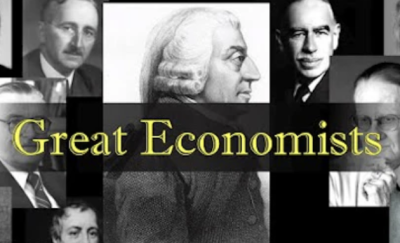Great Economists: Classical Economics and its Forerunners

$9.99
$69.99
This course provides a comprehensive overview of classical economics and its forerunners, emphasizing the works and contributions of key economists such as Adam Smith, David Ricardo, and John Stuart Mill. Students will explore the foundational concepts and theories of classical economics, such as the labor theory of value, comparative advantage, and the invisible hand. Through critical analysis and discussion, students will gain a deep understanding of the historical context and lasting impact of these influential economic thinkers. This course is ideal for students interested in gaining a solid grounding in classical economic theory and its relevance to contemporary economic thought.
Learn more
 0
0 